Data Analytics
BLOG
7 min read
How Integrating AI Agents into Data Analytics Can Improve Decision-Making?
Across industries, data analytics has become essential for making well-informed decisions. Businesses are no longer relying solely on intuition—they use data to spot trends, predict outcomes, and optimize resources. As companies continue investing in digital solutions, the global data analytics market is projected to reach $279.31 billion by 2030, highlighting the growing need for data-driven decision-making.
But how can businesses make the most of their data? And how can AI-powered agents improve this process? Let’s explore.
What Are the Different Types of Data Analytics and Their Role in Decision-Making?
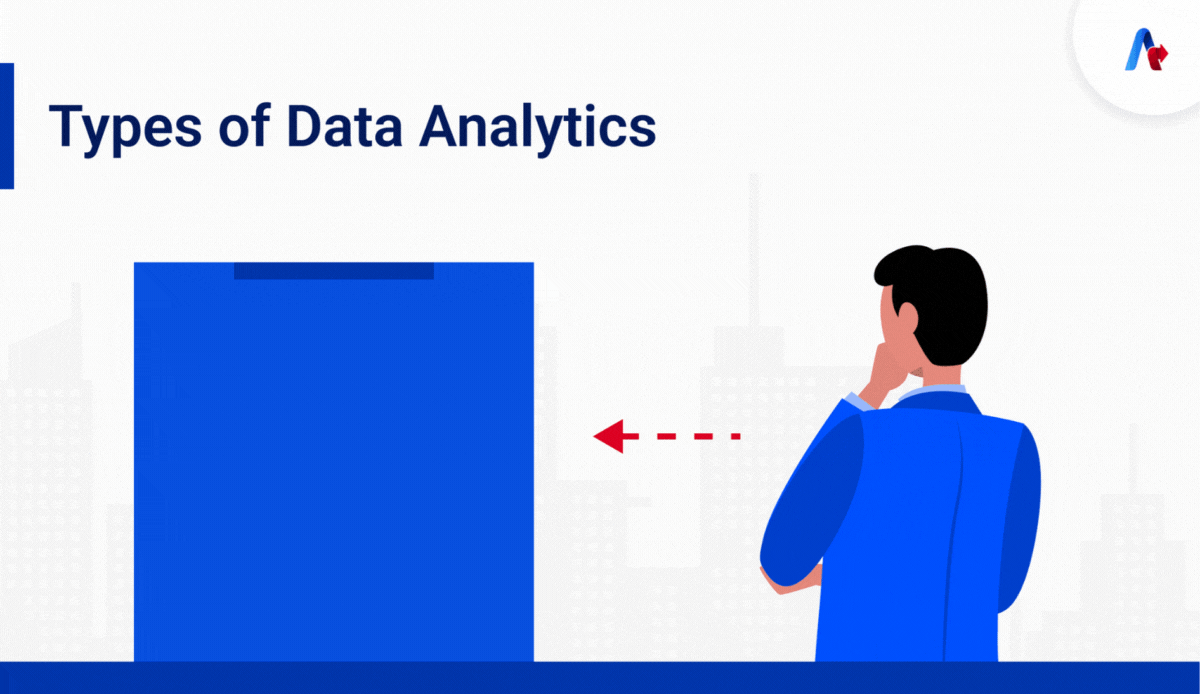
Data analytics falls into three main categories, each playing a unique role in business strategy:
- Descriptive analytics: This field focuses on analyzing past data to determine what has transpired. Descriptive analytics, for instance, can be used in retail to pinpoint the best-selling items over a given period.
- Diagnostic analytics: Examines the reasons behind specific outcomes. A company experiencing a sudden drop in website traffic can analyze system logs and user behavior to find the root cause.
- Predictive analytics: Uses statistical models and historical data to anticipate future trends. This is frequently used in IT to foresee system failures, or in marketing to predict client attrition.
How Do AI Agents Enhance Predictive Analytics?
With platforms like Agentic AI (Agentforce), predictive analytics becomes more robust by integrating AI agents that can automate anomaly detection, identify patterns faster, and generate real-time insights. AI agents can continuously monitor data streams, helping businesses make proactive decisions instead of reactive ones.
What Are the Key Steps in a Data-Driven Decision-Making Framework?

Making informed decisions requires a structured approach. Here’s a simple five-step framework:
- Data Collection: Compiling pertinent information from a variety of sources, including social media, IoT devices, internal systems, and customer transactions. E-commerce sites, for instance, gather information about customer preferences and purchase behaviors.
- Data Processing: Making sure the data is prepared for analysis by organizing and cleaning it to eliminate discrepancies. Filling in missing values or standardizing formats may be part of this stage.
- Data Analysis: Using machine learning algorithms or statistical techniques to identify trends and insights. Companies may divide up their clientele according to their purchasing patterns by using cluster analysis.
- Interpretation: Converting analytical findings into useful information. For example, discovering that a particular product package increases sales over the holidays.
- Action: Putting insights-based plans or solutions into practice, including starting focused advertising campaigns or maximizing stock levels.
How Can AI Agents Improve the Decision-Making Process?
Agentic AI integrates AI agents into each step of this framework. For instance, it simplifies data processing through intelligent automation and accelerates data analysis with adaptive learning models and advanced AI algorithms tailored to specific business goals.
Build powerful AI agents and redefine customer experience with Agentforce
Explore AgentforceWhat Are the Benefits of Using Data Analytics for Decision-Making?
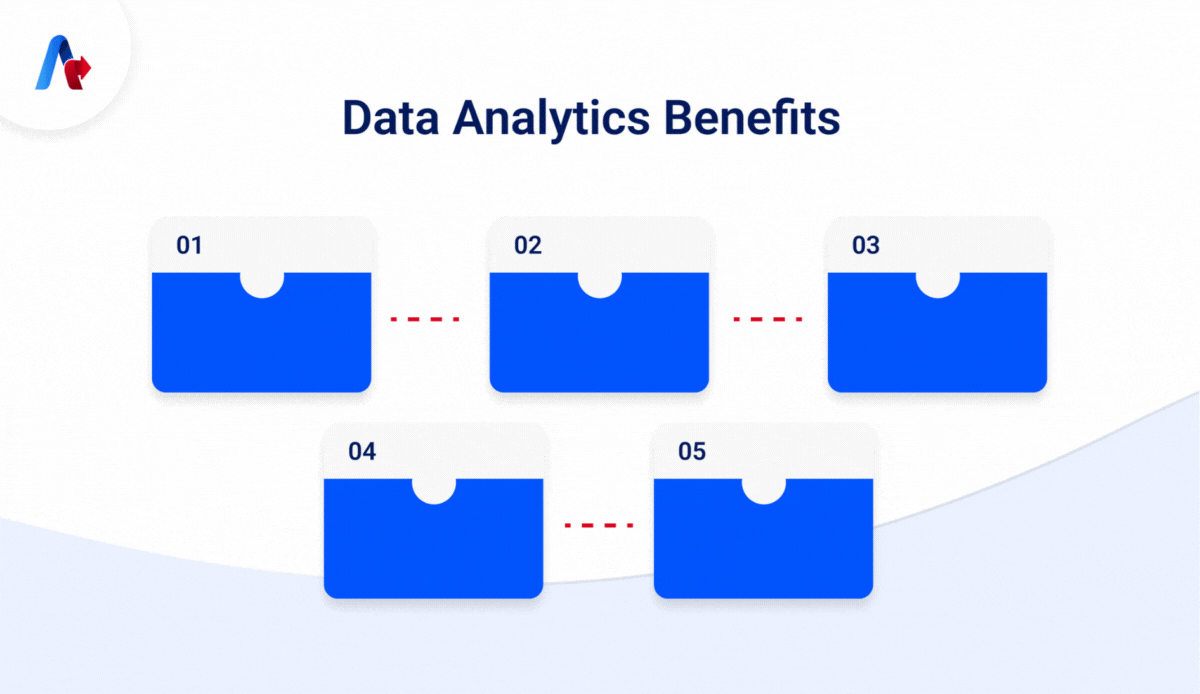
When businesses use data effectively, they gain multiple advantages:
- More Reliable Data-Driven Insights: Making judgments based on data rather than intuition reduces uncertainty and boosts trust in strategic projects.
- Increased Accuracy: By minimizing human error, predictive models and algorithms produce forecasts and suggestions that are more accurate.
- Faster Decision-Making: Quick reactions to new trends or operational problems, including immediately recognizing supply chain bottlenecks, are made possible by real-time analytics.
- Personalization and Better Customer Engagement: Using consumer information to provide specialized goods or services increases client loyalty and happiness.
- Cost Reduction: Businesses can optimize resources and cut operating expenses by using analytics to identify inefficiencies.
How Do AI Agents Maximize These Benefits?
Solutions like Agentic AI amplify these benefits by continuously analyzing data in real time and offering tailored AI-driven insights, enabling businesses to create intelligent, scalable solutions that adapt dynamically to changing conditions.
Facing challenges with data quality in analytics?
Talk to Our Experts Today!How Can Businesses Apply Data Analytics to Different Areas?
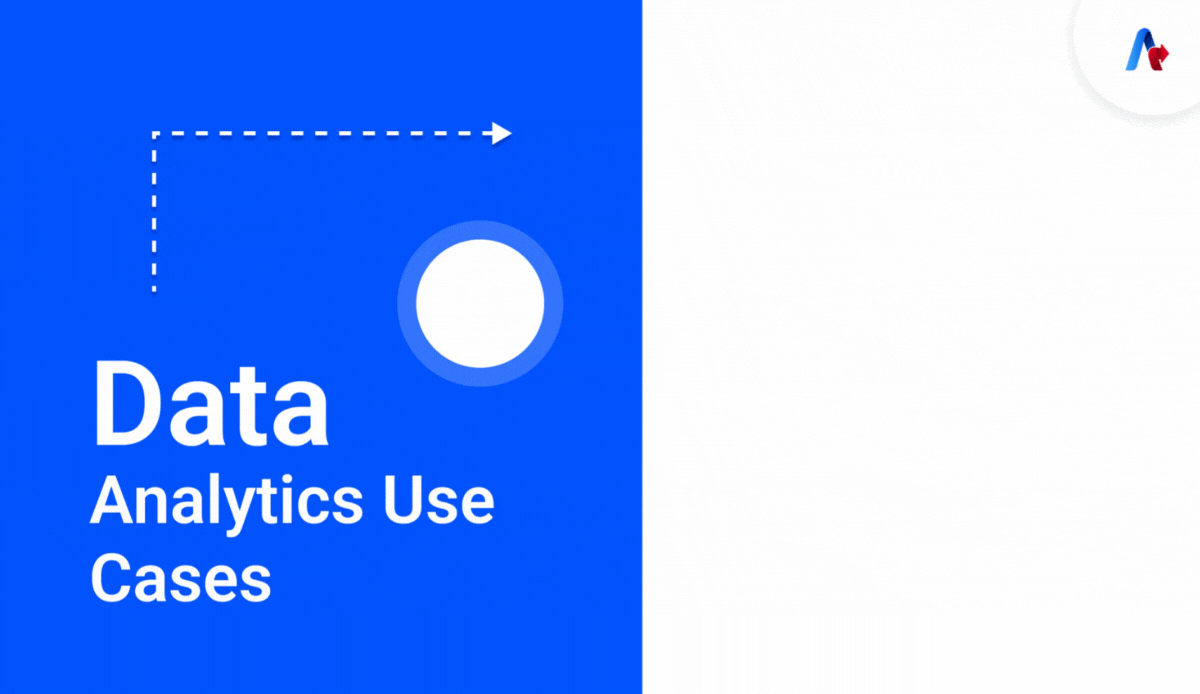
- Marketing and Sales: AI-driven customer segmentation helps businesses create targeted campaigns. Market basket analysis identifies complementary products, boosting sales opportunities.
- Finance: To ensure stability and regulatory compliance, risk management solutions employ analytics to estimate financial performance and identify fraud.
- Supply Chain Management: Predictive demand forecasting helps companies optimize inventory and streamline logistics, cut waste and speed up delivery.
- Human Resources: While talent acquisition tools use data to anticipate candidate suitability, employee turnover research finds trends in workforce attrition.
How Can AI Agents Improve These Applications?
In marketing and sales, Agentic AI can further enhance segmentation by deploying AI agents to monitor trends in real time and personalize customer interactions, improving campaign efficiency and ROI.
What Are the Common Challenges in Data Analytics?
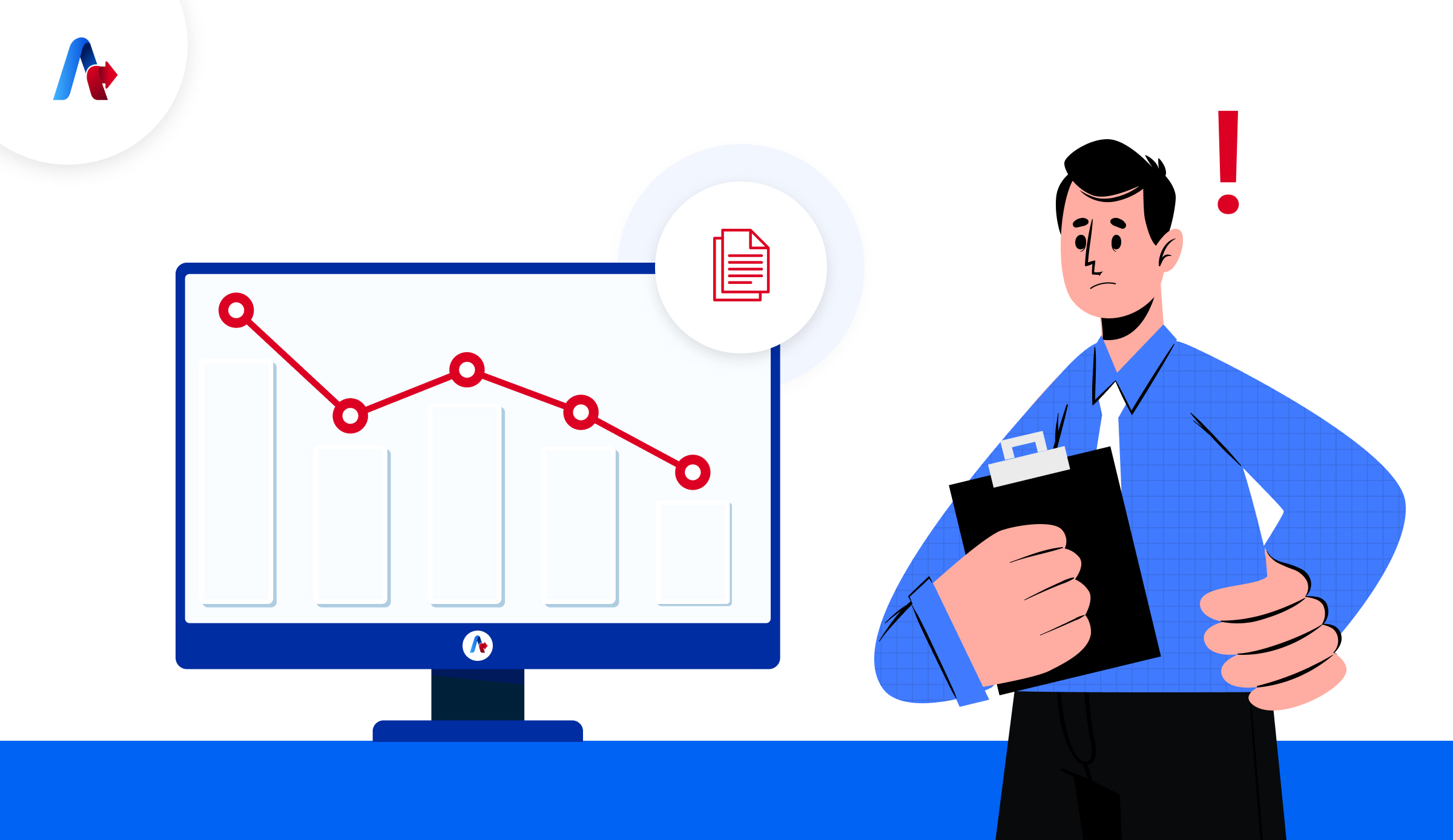
Despite its benefits, organizations often face hurdles when implementing data analytics, such as:
- Data Quality: Robust validation procedures are necessary since inaccurate or insufficient data can jeopardize analytics results.
- Privacy Issues: Preserving trust requires protecting data privacy and abiding by laws such as the General Data Protection Regulation (GDPR).
- Scalability: It takes careful planning to integrate analytics tools with existing systems and manage huge datasets.
How Can AI Agents Address These Challenges?
Agentic AI addresses scalability challenges by using intelligent automation to clean data and offering scalable AI agents that can integrate seamlessly with existing analytics systems and adapt to growing datasets without compromising performance.
What Are the Best Practices for Effective Data Analytics?
To get the most out of data analytics, organizations should implement and follow these best practices:
- Constant Monitoring: Making sure analytics models and tools are updated regularly to maintain their efficacy in dynamic contexts.
- Cooperation: Encouraging interdepartmental cooperation guarantees the efficient use of analytics insights throughout corporate operations.
- Technology Investment: To optimize the value of data, adopt cutting-edge analytics platforms, and train staff on how to use them.
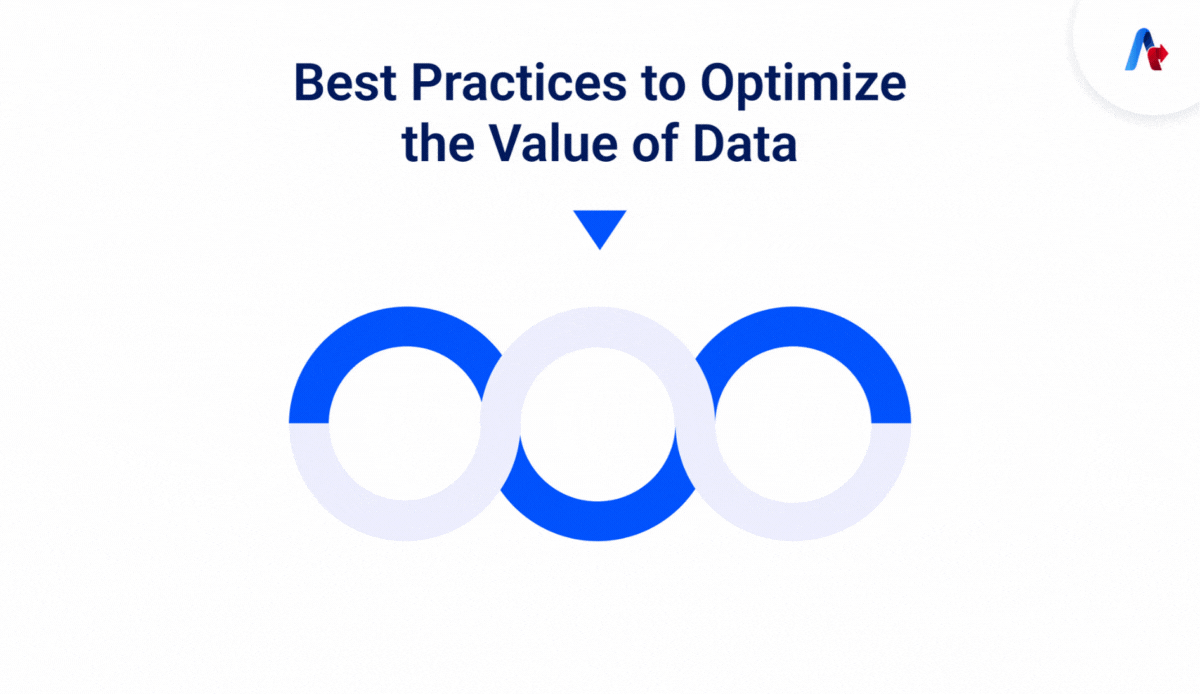
Why Should Businesses Consider AI Agents in Their Analytics Strategy?
By partnering with Agentic AI service providers like Accelirate, businesses can ensure their analytics approach is scalable, accurate, and continuously improving. With continuous updates, robust training, and advanced features, enterprises can optimize decision-making capabilities.
The Future of Decision-Making Lies in an AI-Powered, Data-Driven, and Scalable Approach
For companies looking to prosper in a cutthroat, data-rich market, data analytics is an essential tool. Analytics promotes efficiency and creativity by facilitating quicker, more precise, and evidence-based decision-making. Adopting a strong data-driven approach will continue to be essential to long-term success as firms embrace digital transformation with agentic automation. Are you ready to take your decision-making to the next level? Explore AI-driven analytics with Accelirate and discover how Agentic AI can transform your business strategies. Let’s connect!
Got more questions?
Let’s Talk!


